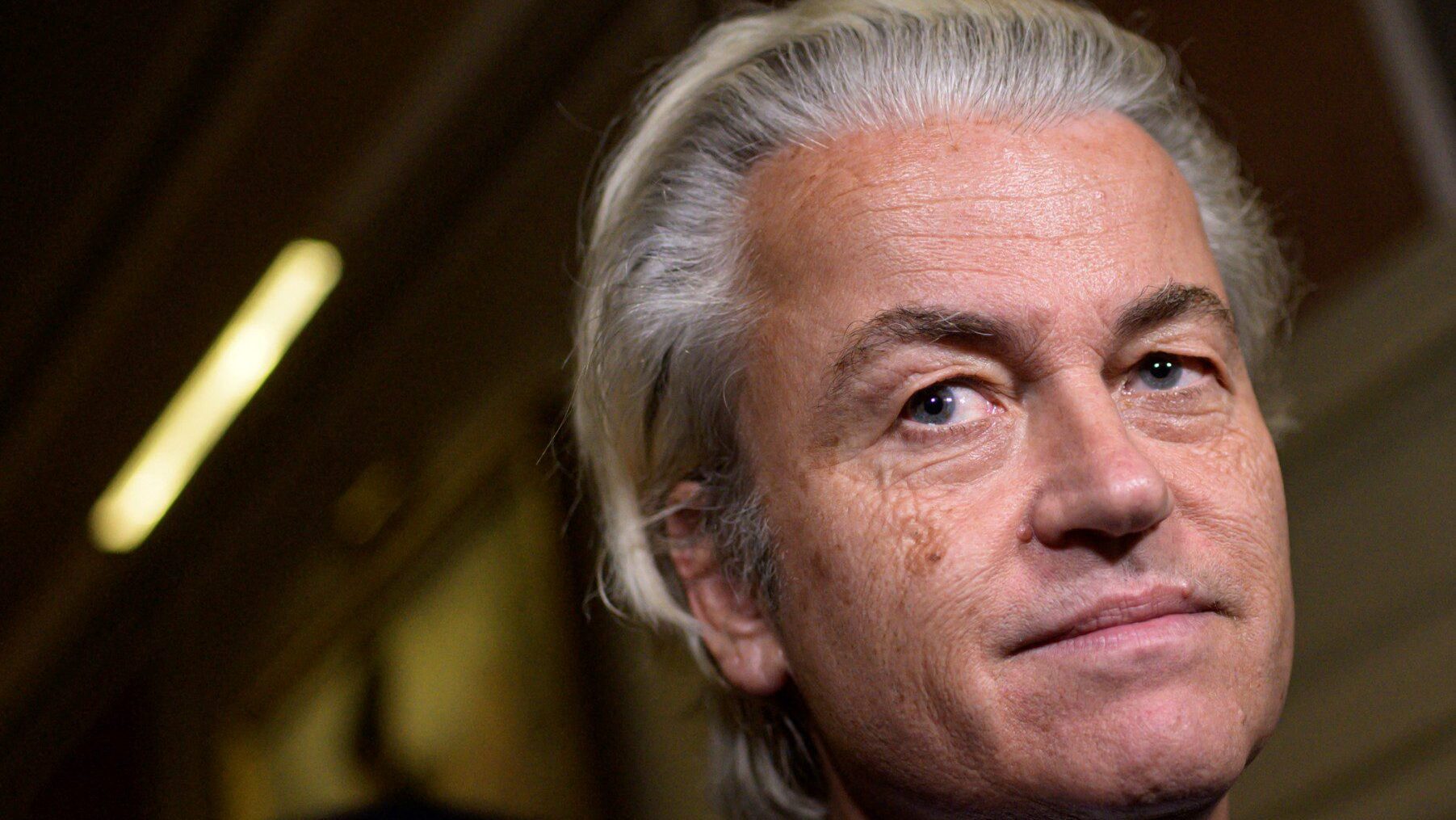
Leader of the Dutch Party for Freedom (Partij voor de Vrijheid – PVV) Geert Wilders.
Photo: Marco BERTORELLO / AFP
From January 1, 2025 the Dutch government will end payments to failed asylum seekers, with all national government funding of the National Aliens Facility (LVV) to cease next year.
Asylum Minister Marjolein Faber announced:
From January 1, 2025, the state contribution to the accommodation of people who should have left the country long ago will be stopped.
The decision followed consultation with the five major cities which offer emergency accommodation. The spiralling expense of the so-called bed-bad-en-brood (bed, bath, and bread) scheme for rejected asylum seekers has influenced the change of policy, with costs estimated at €30 million a year, according to Netherlands public broadcaster NOS.
Under previous governments, the policy was treated as a temporary measure until its beneficiaries return home or move on to another country, preventing their homelessness in the Netherlands. To its critics, it risked creating permanent dependents and exercising a pull factor on future asylum seekers.
While the Party for Freedom (PVV) under Geert Wilders pursues the change at a national level, the five cities processing the scheme—Amsterdam, Rotterdam, Utrecht, Eindhoven and Groningen—have been told they are free to keep up the payments at their own expense. All five mayors oppose the decision, and Amsterdam has already announced it will continue funding. The other municipalities are developing their own responses to the shift in policy.
Calls to cut social benefits for all migrants who are required to leave their host countries are growing in Europe. For instance, this week Germany’s Special Representative of the Federal Government for Migration Agreements and Free Democratic Party (FDP) politician Joachim Stamp declared:
Everyone who is required to leave the country immediately should only receive a ticket for the flight home and a small start-up grant of a few hundred euros after arriving in the destination country,
Stamp followed up his earlier suggestion by stating that European Union member states should form partnerships with third countries such as Rwanda, primarily to deal with migrants being aided across borders by Russia and Belarus as a form of “hybrid warfare”.
